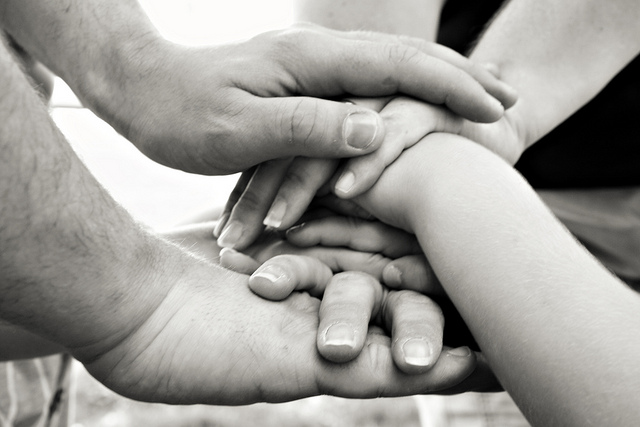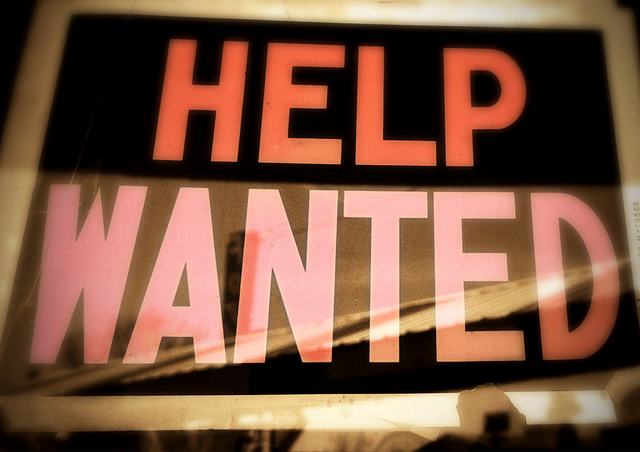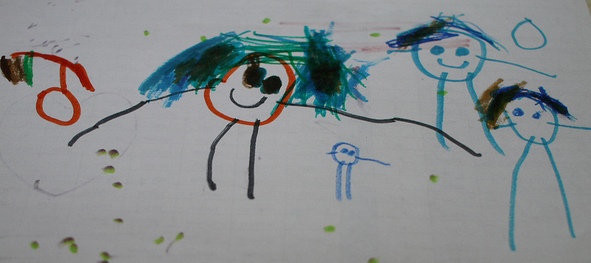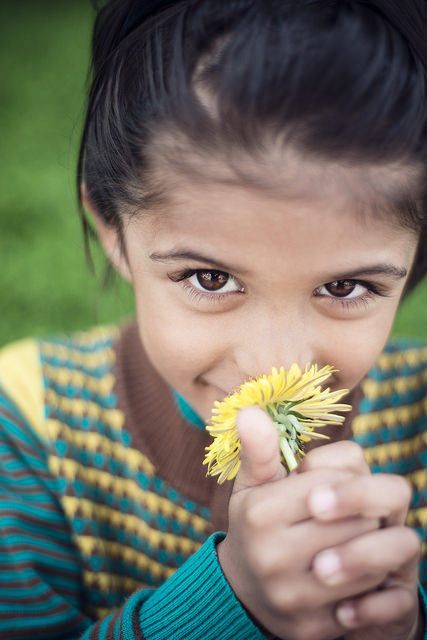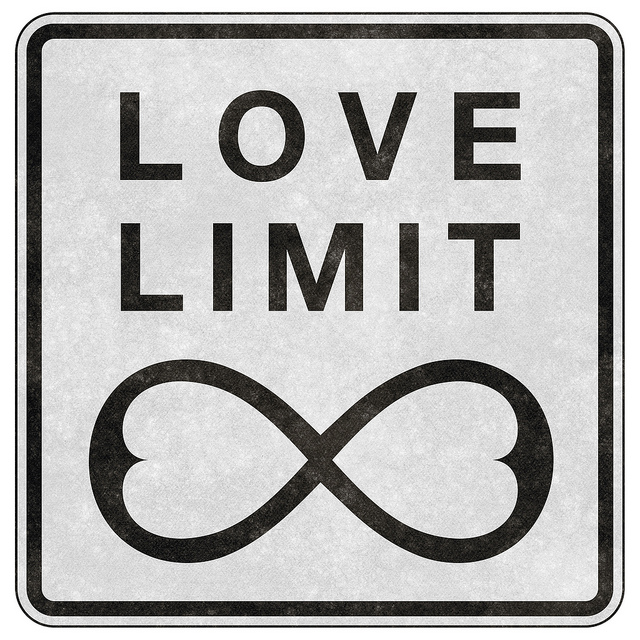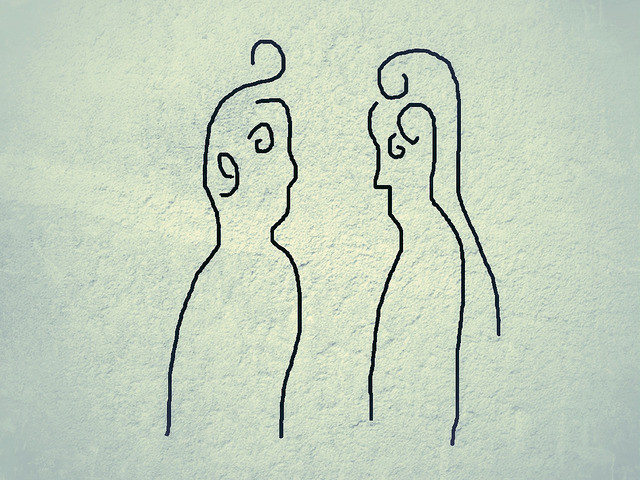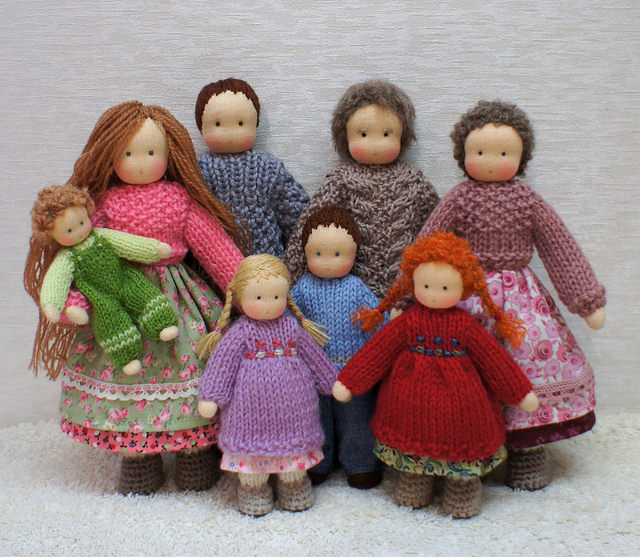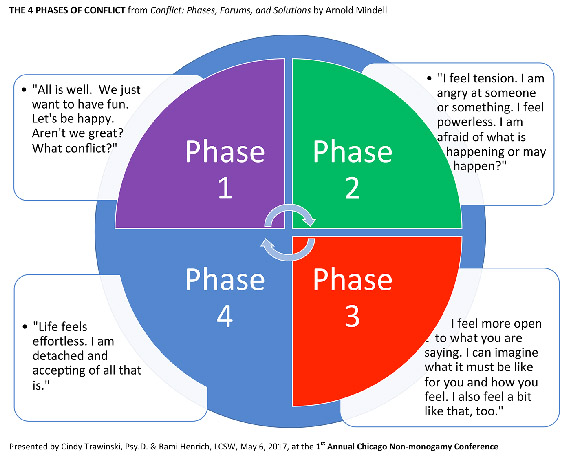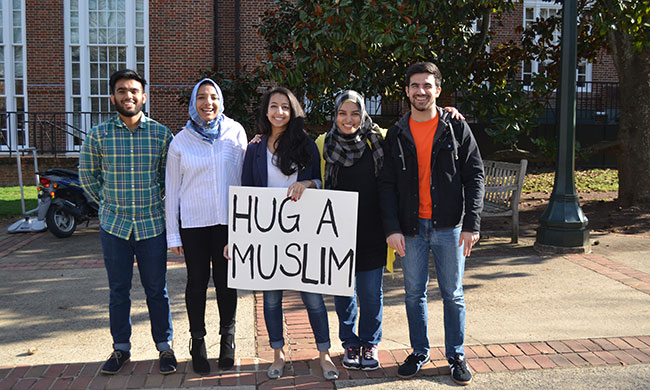by Elisabeth A. Sheff Ph.D., CASA, CSE In this fourth part of the series on children in polyamorous families I offer a sneak peek into my preliminary findings from my ongoing research on polyam families with kids. Part one explains the age-dependent experiences that children experience in polyamorous families, part two of this series explores the advantages […]
Category: Cultural Humility
How Therapists (Often Unintentionally) Stigmatize Polyamorous Clients
Posted onThis is the fourth in a series of articles about the intersections of polyamorous identities and psychotherapy, adapted from Rami Henrich and Cindy Trawinski’s article in Sexual and Relationship Therapy, “Social and therapeutic challenges facing polyamorous clients,” as well as supplemental materials that didn’t make it into the final research paper. In this installment, we […]
Children in Polyamorous Families Part 3
Posted onby Elisabeth A. Sheff Ph.D., CASA, CSE This is the third in a series of blogs on children in polyamorous families. The first looked at the age dependent experiences of children in polyamorous families and why they appear to be doing so well, and the second detailed the advantages and disadvantages these children identified in polyam family life. Third in […]
Children in Polyamorous Families – Part 2
Posted onby Elisabeth A. Sheff Ph.D., CASA, CSE In the first part of this series on children in polyamorous families, I explained how these kids have age-dependent experiences and why they appear to be doing so well in general. This second blog in the series details the advantages and disadvantages that children report in my study of […]
Marginalization and Disclosure: Social Challenges Facing Polyamorists
Posted onby Rami Henrich, LCSW and Cindy Trawinski, PsyD This is the third in a series of articles about the intersections of polyamorous identities and psychotherapy, adapted from Rami Henrich and Cindy Trawinski’s article in Sexual and Relationship Therapy, “Social and therapeutic challenges facing polyamorous clients,” as well as supplemental materials that didn’t make it into […]
How to React After Accidentally Misgendering Someone
Posted onby Nash Jones, Q Center This article was originally published in 2014 through the Q Center in Portland, OR. We are delighted to share it with you. Being misgendered can create an uncomfortable, embarrassing and even unsafe situation for many trans* individuals. There’s no doubt that when working toward creating or contributing to safer, more accessible […]
Trans & Gender Non-Conforming Members of the Polyam Community Represent
Posted onby Danielle Carlson, AMFT Back in May, I was fortunate to be part of a panel of trans and gender non-conforming (TGNC) members of the polyam community at the 1st Annual Chicago Non-Monogamy conference. We got to talk about our own experiences of dating and being non-monogamous as non-binary people, and also had the chance […]
Children in Polyamorous Families Part 1
Posted onby Elisabeth “Eli” A. Sheff Ph.D., CASA, CSE Eli Sheff is considered a leading expert on polyamorous families with children. She has written three books on the subject including The Polyamorists Next Door: Inside Multiple-Partner Relationships and Families, Stories from the Polycule: Real Life in Polyamorous Families and When Someone You Love is Polyamorous: Understanding Poly People and Relationships. Eli […]
The Conflict with Conflict in Polyam Relationships
Posted onby Cindy Trawinski, PsyD Ever had conflict? Most people have had more conflict than they care to recall. Conflict is important to everyone and every relationship but when you are in a multi-partnered relationship good conflict skills become even more critical. On May 6, 2017, Rami Henrich, LCSW and I presented a workshop on applying […]
8 Ways to Take Action Against Islamophobia
Posted onby Cindy Trawinski, Psy.D. Prejudice, stereotyping, bias—however we understand these tendencies and attitudes, we can learn to identify, confront, wrestle with, accept, and change them within ourselves. Sometimes, however, doing so is possible only with great difficulty. Discrimination takes many forms, including harassment, bullying, hate speech, and scapegoating. Such behaviors put others at risk, cause […]
Your Best Friend Tells You They are Kinky
Posted onby Carrie Jameson, LCPC So, your best friend tells you they are kinky and/or they practice BDSM (Bondage and Discipline [BD], Dominance and Submission [Ds], Sadism and Masochism [SM]). Whether it is your best friend, a sibling, parent, or child, you may want to be an ally, but simply don’t know what to do or […]
Cultural Competence & Bias
Posted onby Cindy Trawinski, Psy.D. As therapists, we recognize our ethical obligations to know and acknowledge the limits of our training and skills. We know that our expertise grows over time with experience and supervision, reading, dialogue and further training. These activities contribute to our mastery of specialized areas, methods or skills. But what about cultural […]

